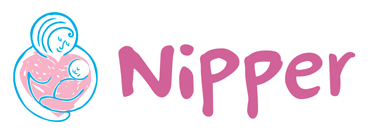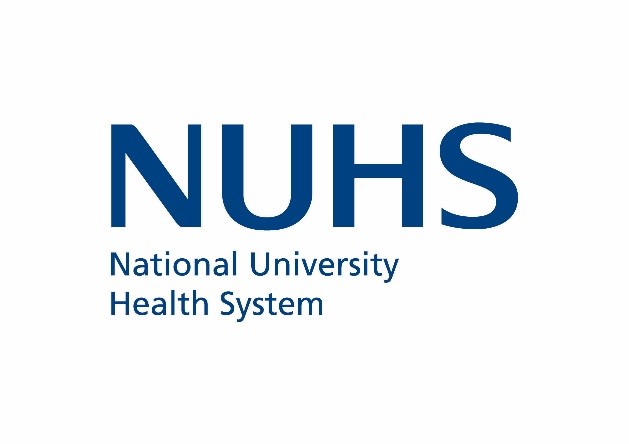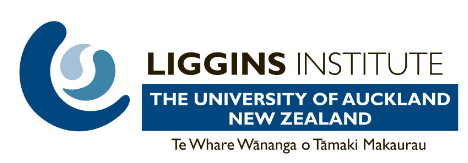First NiPPeR baby born could help scientists crack lifelong obesity programming
This month, one New Zealand baby could help make scientific history just by being born.
Harry Fox Perwick, of Torbay, Auckland, is the first baby born in a new multinational study that will help us understand how a mother’s diet before and during pregnancy affects the life-long health of her child.
Researchers think that the food women eat, even before they are pregnant, can programme a future baby’s genes to switch on or off, influencing the risk of childhood obesity later in life.
The “NiPPeR” study is thought to be the first to track the metabolic health of women and their babies from before conception, through pregnancy and the babies’ first year of life.
“As I’m involved in research myself, I’m keenly aware we can’t make progress without quality, real life data,” said new mother Rebecca Perwick, a 27-year-old research technician. “Hopefully the data gained from my pregnancy and others in the study can be used to make a real difference.”
Starting before conception, all of the women in the study were given a nutrient drink that includes the vitamin and mineral supplements already recommended during pregnancy. Half the women were also given extra supplements. Neither participants nor researchers know which nutrient drink the women are taking. (This safeguards against the placebo effect and expectations influencing the results.)
“We think that these extra supplements might switch genes on and off in a way that helps maintain healthy mother’s blood sugar levels during pregnancy,” said chief investigator Professor Keith Godfrey, from the University of Southampton. “This may protect babies against obesity in later childhood.”
Researchers have finished recruiting a total of 1,800 women across three centres: Auckland, Southampton in the United Kingdom, and Singapore.
“We are delighted that the first baby in the NiPPeR trial has been born and that both mother and baby are doing well,” said Professor Wayne Cutfield, lead researcher at the Liggins Institute, which is running the trial in Auckland.
“The results of this study will allow health professionals to give mothers-to-be the best advice about what to eat before conception in order to give their children the best start in life,” Professor Cutfield said.
“And they will give researchers a valuable window into the long-term effects of women’s diet and nutrient status on their future children’s health and risk of obesity.”
The study will also generate a rich “biobank” of blood, urine, hair and other biological samples. Scientists will be able to draw on this biobank to answer many other questions to do with giving babies the best start to life.
The trial’s full title is: Nutritional Intervention Preconception and during Pregnancy to maintain healthy glucosE levels and offspRing health (NiPPeR).










